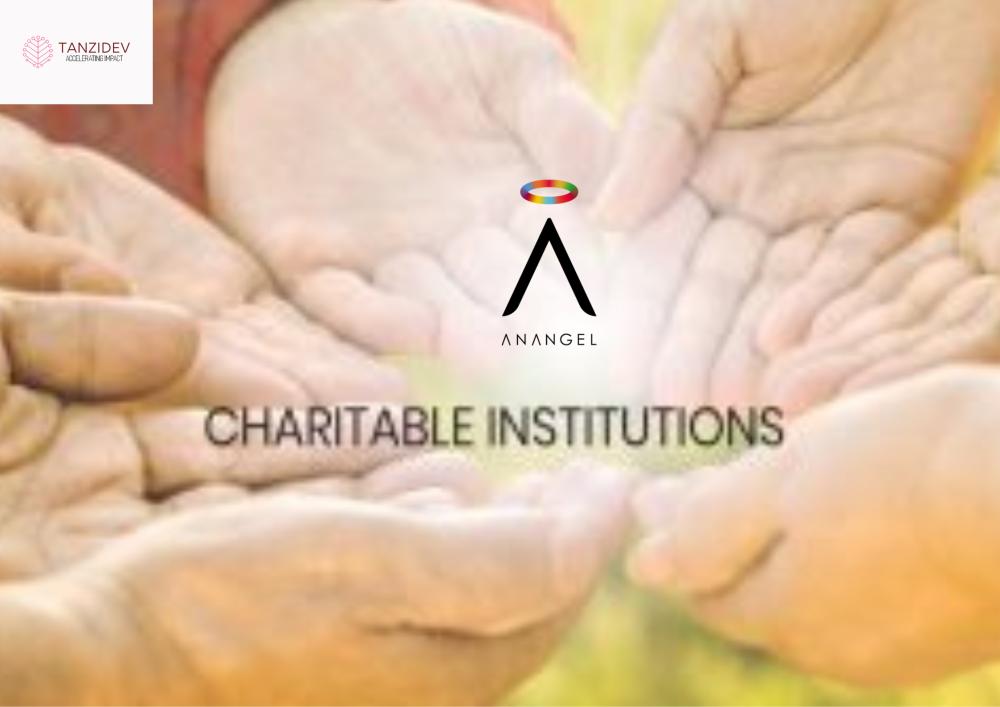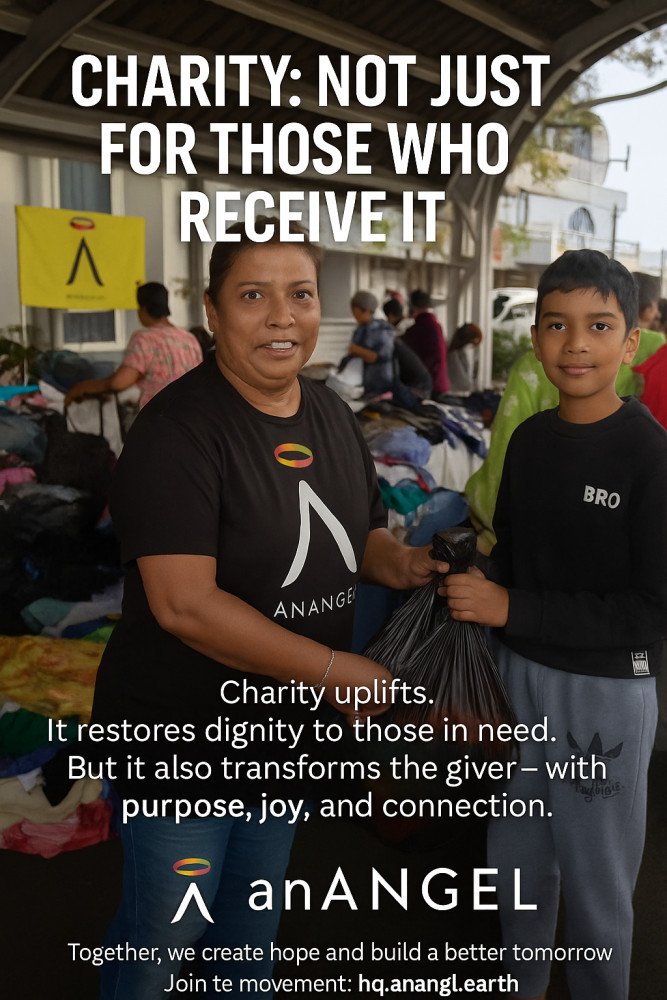

Grants vs. Sponsorships: Key Differences and Their Importance to NGOs
Have you ever wondered whether the financial support your NGO receives is a grant or sponsorship? It’s a question that many organizations grapple with, but understanding the distinction between these two forms of funding is crucial. After all, it’s these funds that allow NGOs to thrive and pursue their missions of creating social impact, addressing humanitarian needs, and promoting sustainability. Whether it’s for long-term projects or event-driven campaigns, knowing whether you’re working with a grant or sponsorship helps you better navigate the complexities of financial support.
The Role of Financial Support for NGOs
Financial help is the lifeblood of any NGO. Thanks to the funding provided by grants and sponsorships, NGOs can exist, grow, and continue making a difference in their communities. Without these vital resources, many of the life-changing projects, awareness campaigns, and service programs that NGOs implement would be impossible to carry out. Grants and sponsorships play an essential role in sustaining operations, launching new initiatives, and scaling programs to reach those who need help the most.
But, what exactly are grants and sponsorships, and how do they differ? Let’s explore the key differences between these two forms of financial support.
What is a Grant?
A grant is a form of funding that is awarded to an NGO to support a specific project or initiative. Grants are typically provided by government bodies, foundations, or international organizations and are often tied to specific goals or areas of impact, such as healthcare, education, environmental conservation, or poverty alleviation.
- Project-Specific Funding: Grants are usually allocated for a specific cause or project. For example, a grant might be given to an NGO working to provide clean water in a community or to protect endangered species.
- Accountability and Reporting: NGOs receiving grants are often required to report on how the funds are being used, the progress made, and the outcomes achieved. This ensures that the funder’s objectives are being met and that the financial resources are used efficiently.
- Long-Term Impact: Grants typically focus on achieving sustainable outcomes. Funders want to see measurable, long-term change resulting from the initiatives they support.
What is Sponsorship?
On the other hand, sponsorship involves financial backing provided by businesses, corporations, or individuals in exchange for brand visibility and public recognition. Sponsorships are often tied to events, campaigns, or activities that are usually short-term in nature.
- Visibility and Promotion: Sponsorships are primarily aimed at providing exposure for the sponsor’s brand. For instance, a company may sponsor an event or campaign, and in return, their logo might appear on banners, flyers, and promotional materials, or they might receive recognition during the event itself.
- Flexible Funding: Unlike grants, sponsorships can be used more flexibly for things like event logistics, marketing, or promotional efforts. They are not necessarily restricted to specific outcomes.
- Short-Term Engagement: Sponsorships are generally tied to short-term events or campaigns, with a set timeframe for execution.
Key Differences: Grants vs. Sponsorships
| Aspect | Grants | Sponsorships |
|---|---|---|
| Purpose | Fund specific projects or initiatives. | Provide visibility and promote events. |
| Source | Governments, foundations, international organizations. | Corporations, businesses, or brands. |
| Restrictions | Often restricted to a specific project or cause. | Flexible, typically for marketing or promotion. |
| Reporting | Requires detailed reports on the use of funds. | Minimal reporting, with focus on visibility. |
| Visibility | Little to no visibility for the funder. | Sponsors gain brand visibility in exchange for support. |
| Duration | Typically long-term for ongoing projects. | Usually tied to a short-term event or campaign. |
Why Understanding This Difference Matters
For NGOs, understanding whether you are receiving grants or sponsorships is not just an academic exercise—it can shape your fundraising strategies, determine how you manage funds, and impact your approach to partnerships.
Strategic Planning: Grants are more often associated with long-term goals and measurable outcomes, while sponsorships are generally tied to specific events. Knowing the nature of your funding helps you plan your activities, set realistic timelines, and ensure that you are in alignment with the expectations of your funders.
Diversified Funding: Many successful NGOs use a combination of grants and sponsorships to fund their operations. Grants can provide steady support for key programs, while sponsorships can help cover the costs of events and one-off campaigns that raise awareness and bring in additional resources.
Optimizing Opportunities: Understanding whether your organization is pursuing a grant or sponsorship ensures that you target the right partners and funders. For example, if you're organizing a charity event, you may want to seek out corporate sponsors. If you are launching a project focused on environmental sustainability, you might look for grants from foundations or government bodies.
Notable Organizations Providing Grants to NGOs
Many organizations worldwide provide grants to support NGOs working on important social issues. Some key grant-making entities include:
1. Agence Française de Développement (AFD)
- Focus Areas: Sustainable development, climate change, poverty reduction.
- Website: AFD
2. European Union (EU)
- Focus Areas: Education, human rights, environmental sustainability.
- Website: EU Development
3. The United Nations Development Programme (UNDP)
- Focus Areas: Climate resilience, poverty alleviation, governance.
- Website: UNDP
4. The Global Fund
- Focus Areas: Healthcare, particularly in the fight against HIV/AIDS, malaria, and tuberculosis.
- Website: Global Fund
5. The Ford Foundation
- Focus Areas: Human rights, social justice, education, and poverty reduction.
- Website: Ford Foundation
6. USAID (United States Agency for International Development)
- Focus Areas: Economic development, climate change, global health.
- Website: USAID
7. The World Bank
- Focus Areas: Socioeconomic development, climate change mitigation, poverty reduction.
- Website: World Bank
8. The Global Environment Facility (GEF)
- Focus Areas: Biodiversity conservation, climate change, sustainable resource management.
- Website: GEF
Conclusion: The Power of Financial Support for NGOs
Thanks to the funding provided by grants and sponsorships, NGOs can continue their vital work in communities around the world. Whether it’s the sustained impact of a grant or the exposure offered by a sponsorship, both forms of financial support are crucial for the success of NGOs.
By understanding the differences between grants and sponsorships, NGOs can better manage their funding, set appropriate expectations with donors, and develop a strategy that leverages the strengths of both. After all, financial support is the key to helping NGOs fulfill their mission and create positive change
Search by keyword
Recent Posts



